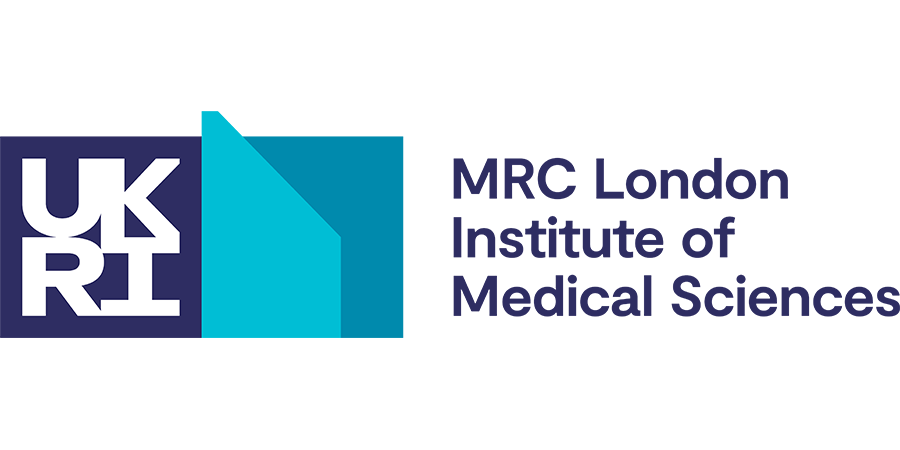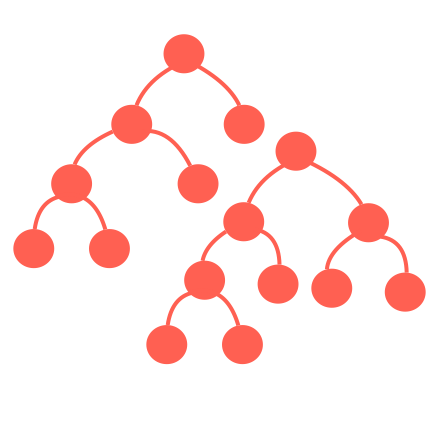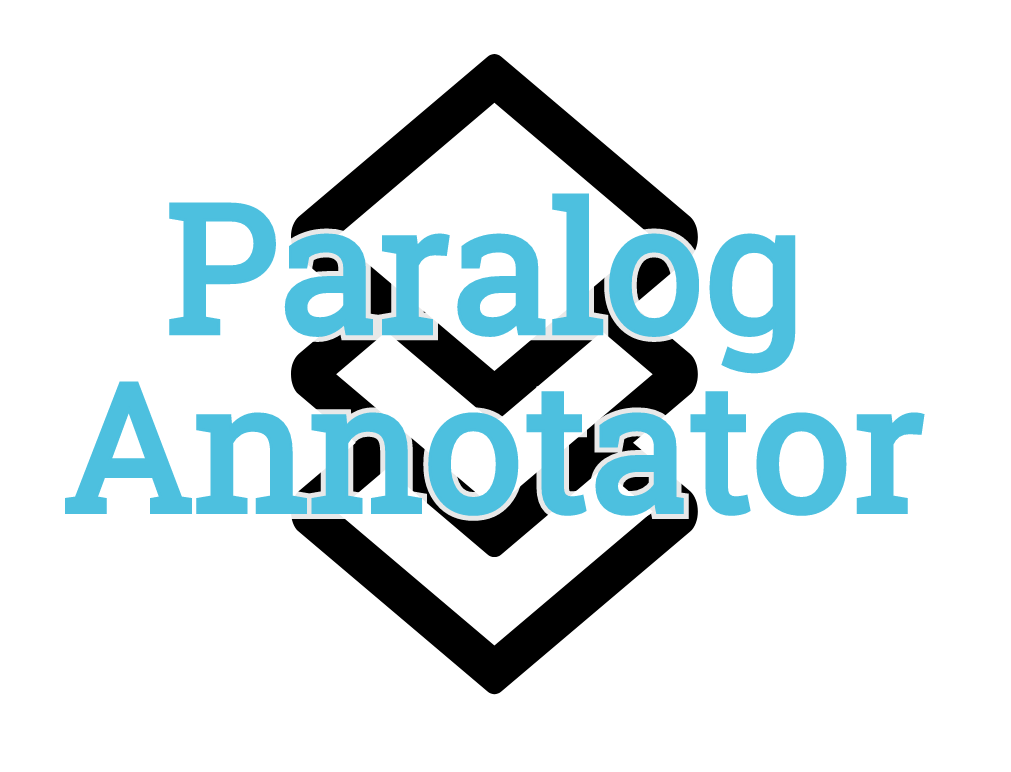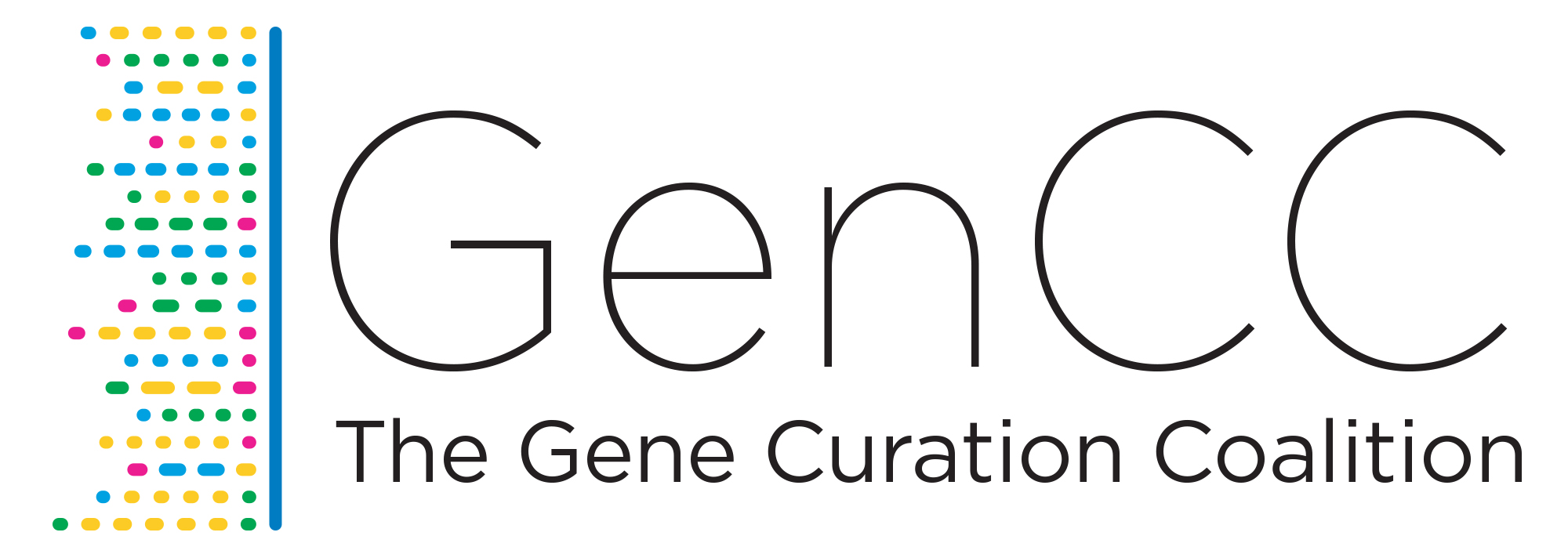

Cardiovascular Genomics and Precision Medicine Group
Major Resources and Applications

|
Cardio Classifier uses the American College of Medical Genenics and Genomics (ACMG) rules for variant interpretation to classify variants associated with inherited cardiac conditions.
|
This web app providess a suite of tools to support the use of allele frequency information for the assessment of rare genetic variants in Mendelian disease.
|
|
|---|---|---|---|

|
Assessing gene and variant pathogenicity in cardiomyopathies (HCM, DCM & ARVC) by comparing large
clinical cohorts with ExAC population data.
|

|
Microsite describing the full transcript and exon structure of titin (TTN) and the truncating variants in this
gene which are associated with Dilated Cardiomyopathy.
|

|
CardioBoost uses an adaptive boosting machine learning algorithm to discriminate benign and pathogenic variants in genes associated with inherited cardiac conditions.
|

|
Paralogue Annotation App utilizes information from evolutionarily related proteins, specifically paralogues, to help inform the clinical significance of missense variants associated with human diseases. |
An integrated toolset for the analysis of de novo (sporadic) genetic sequence variants.
|

|
Visit Cardiovascular Genetics and Genomics Research Group (CGGR) website to find out more about our interesting research projects and meet group members. |
|

|
APPRAISE is a Bayesian logistic regression model
that integrates multiple lines of evidence to evaluate the probability that a rare variant is the cause of Long QT syndrome.
|

|
Determine the pathogenicity of novel variants found in patients with inherited arrhythmias by assessing
paralogue annotation.
|

|
Homologous Missense Constraint measures genetic intolerance information to help inform the clinical significance of missense variants associated with human diseases.
|

|
A tool to support the application of the American College of Medical Genetics and Genomics (ACMG) PS4 criterion, which relates to the prevalence of a variant in affected individuals compared to controls. |

|
CardiacG2P is an evidence-based dataset for inherited cardiac condition gene disease pairs. Each dataset entry annotates a disease with an allelic requirement, information pertaining to disease mechanism, and known disease-relevant variant classes at a defined locus. |

|
Digital ECG Latent Factor and Genetic Factor Explorer. |

|
G2P is a publicly-accessible online system designed to facilitate the development, validation, curation and distribution of large-scale, evidence-based datasets for use in diagnostic variant filtering. |

|
The Genome Aggregation Database (gnomAD) is a resource developed by an international coalition of investigators, with the goal of aggregating and harmonizing both exome and genome sequencing data from a wide variety of large-scale sequencing projects, and making summary data available for the wider scientific community. |
|---|---|---|---|

|
DECIPHER (DatabasE of genomiC varIation and Phenotype in Humans using Ensembl Resources) is an interactive web-based database which incorporates a suite of tools designed to aid the interpretation of genomic variants. |

|
The Gene Curation Coalition brings together groups engaged in the evaluation of gene-disease validity with a willingness to share data publicly, to develop consistent terminology for gene curation activities and to facilitate the consistent assessment of genes that have been reported in association with disease. |